Kurapia flooring cowl is an fascinating plant. Normally generally known as Phyla nodiflora (beforehand Lippia nodiflora) its an unusual evergreen flooring cowl that’s discovered on most continents. It does, nonetheless, carry out terribly efficiently in drought-stricken areas. Even in areas the place it might get ample parts of water, it makes all kinds for a yard quite a few. The largest downside of kurapia is that it’s not frost-hardy and would possibly die as soon as extra all by means of frosts and freezes, nonetheless it’ll come as soon as extra contained in the spring whether or not or not it is efficiently established.
Some types of kurapia getting used for flooring covers are patented, so availability is commonly a difficulty. Nonetheless, it’s obtainable on-line as a low repairs turf grass. Kurapia is widespread in California and is beginning to make inroads into completely completely different areas as a drought-tolerant flooring cowl which is able to tolerate gentle foot company, too. It’s usually bought as plugs that may very well be planted each 15 inches.
The plugs will develop rapidly and make transient work of filling in any gaps inside just a few months. Protect the newly planted plug efficiently watered with satisfactory aeration till it’s established and energetic shoot enchancment is current. It should reward you with the advantages of abrasion administration, water conservation, and weed suppression. Kurapia flooring cowl makes an attractive yard substitute that has a excessive stage of illness resistance and tolerates many soil varieties and rising circumstances.
Overview
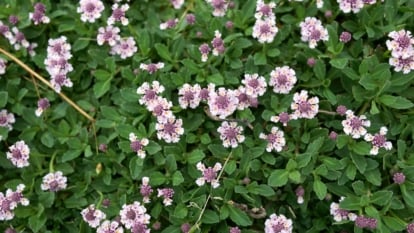

|
|
|
|
What’s Kurapia?
Kurapia, might be generally known as frog fruit, seen tooth fog fruit, or turkey tangle. This flooring cowl plant is a perennial in most locations, though it isn’t frost-hardy and would possibly die as soon as extra in zones the place the temperatures drop beneath 38°F (20°C) contained in the winter. If kurapia is efficiently established then it might presumably recuperate contained in the spring after dying as soon as extra contained in the winter. It’s an evergreen in zones with no laborious frost.
Native Home
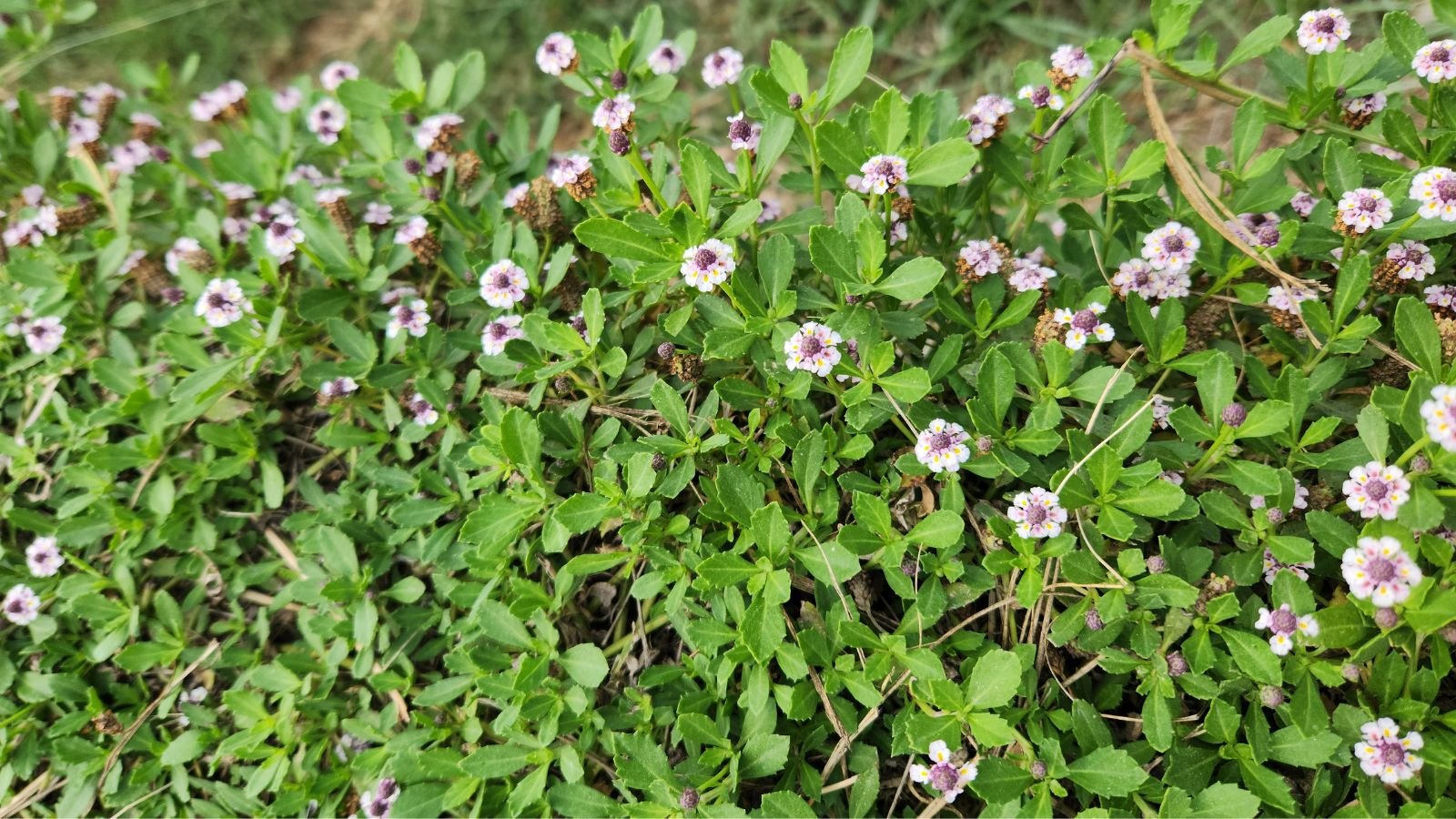

Phyla nodiflora is native to most areas of the world and has furthermore been launched into many others. The widespread areas cowl most of South America, southern United States, most of Africa, most of Australia, some areas contained in the Coronary heart East, southern Europe, and the southern components of Asia.
Traits
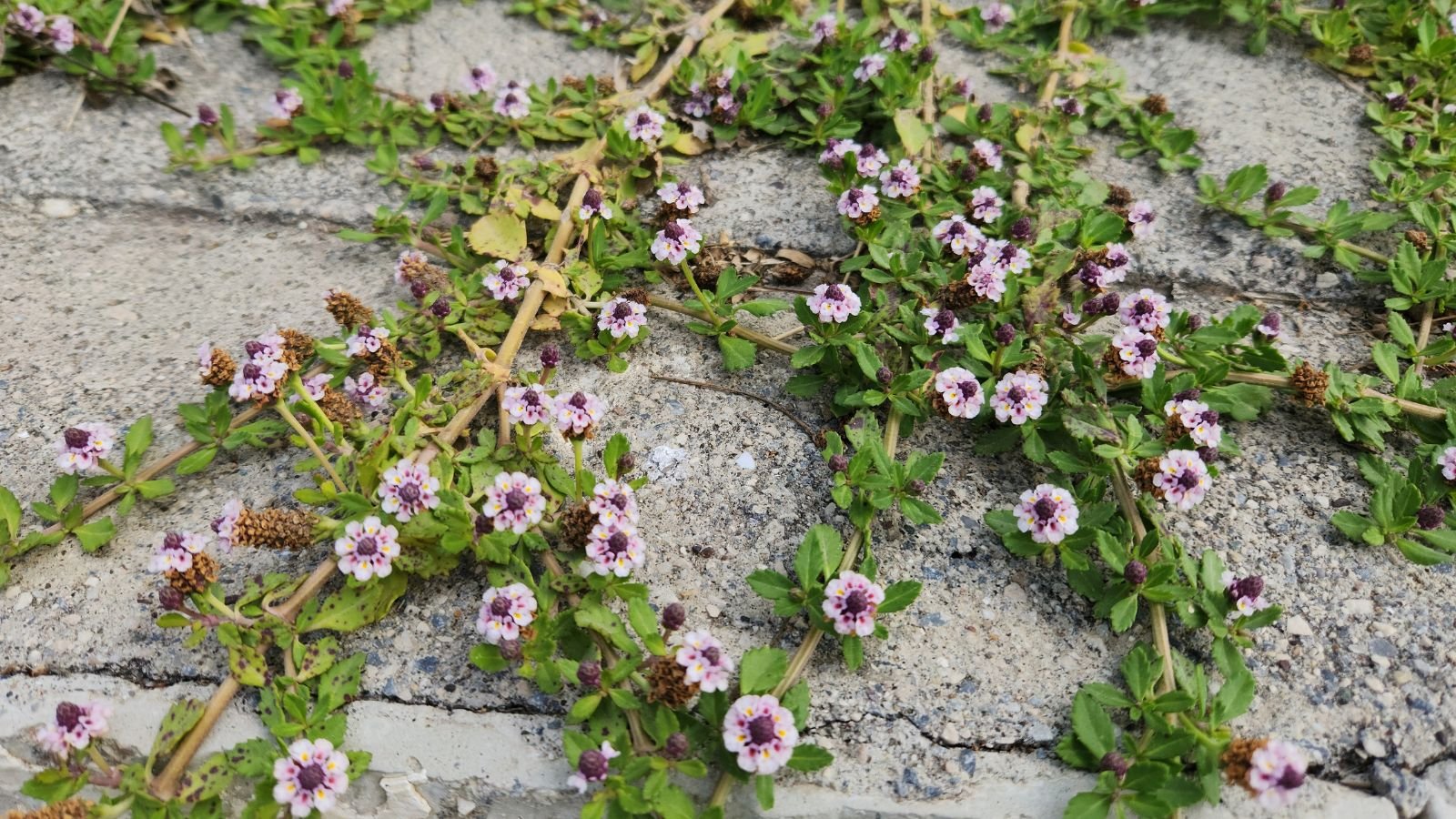

Kurapia resembles clover and has an equivalent enchancment conduct together with small white flowers. It has a extraordinarily deep root system which is able to attain down 5 to 10 ft beneath the soil flooring. The sturdy constructing of the thought system is what makes it significantly adept at offering soil erosion administration. It could really furthermore merely be grown on slopes and it tolerates windy circumstances.
Used as a yard substitute, it may very well be mown to 1 inch tall which furthermore makes it develop horizontally. If left for over 50 days, it is going to flower inside the heat season with small white to pink flowers with purple facilities relying on the variability.
Study the best way to Develop Kurapia
This turf quite a few and flooring cowl requires minimal repairs. Nonetheless, be taught on to test its wants to incorporate it in future duties for flooring cowl and weed administration.
Mild
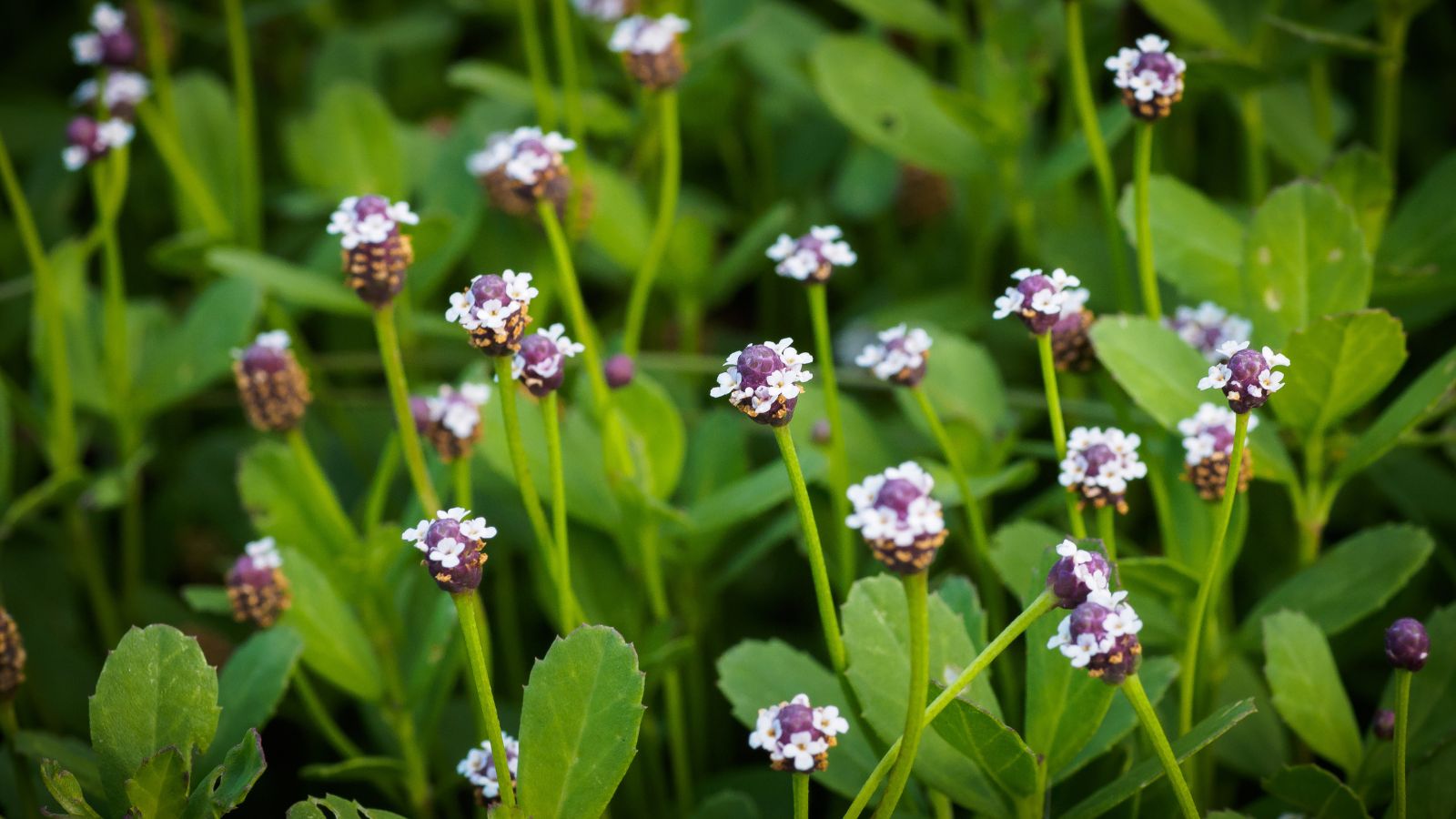

What makes this flooring cowl very atmosphere pleasant is that’s that though it prefers full picture voltaic, it might presumably furthermore tolerate partial shade. Partly shade, it could not develop as densely and mustn’t produce flowers. Six to eight hours of direct daylight per day is required for optimum enchancment.
Water
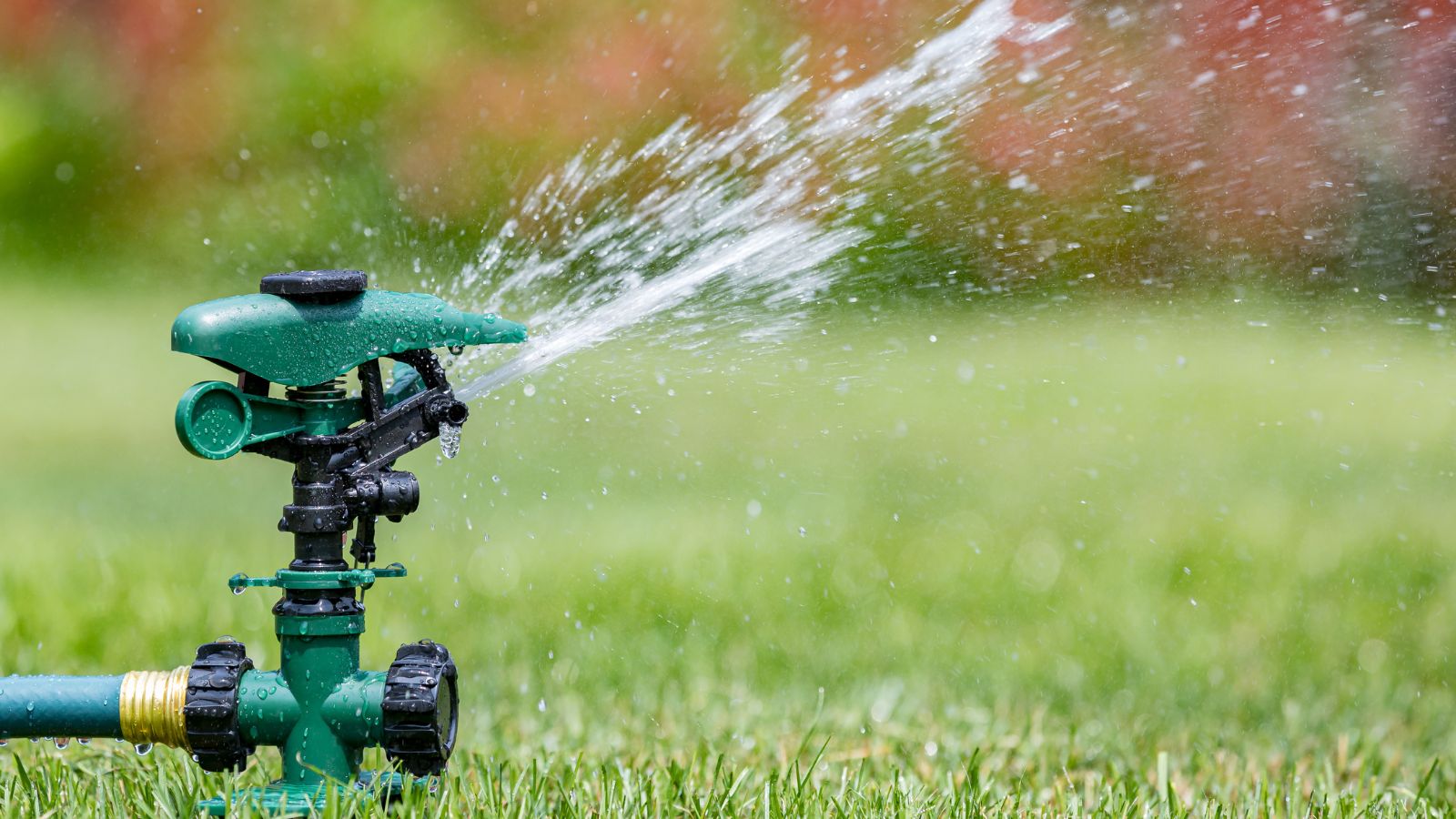

Kurapia is considered drought-tolerant. Nonetheless, it is going to do bigger with frequent water. If there are intervals of drought, trials have confirmed that the underside cowl will die down, nonetheless will spring as soon as extra to life when watered typically.
The leaves retailer water of their vascular tissue which lets them carry onto water reserves longer than one different grasses.
Water this plant as evenly as potential to steer clear of uneven enchancment. Irrigation purposes or a sprinker are good alternate options. Water kurapia contained in the morning twice per week in scorching summers. Reduce watering in winter when the crops are dormant. There isn’t a ought to water if rainfall is frequent.
Soil
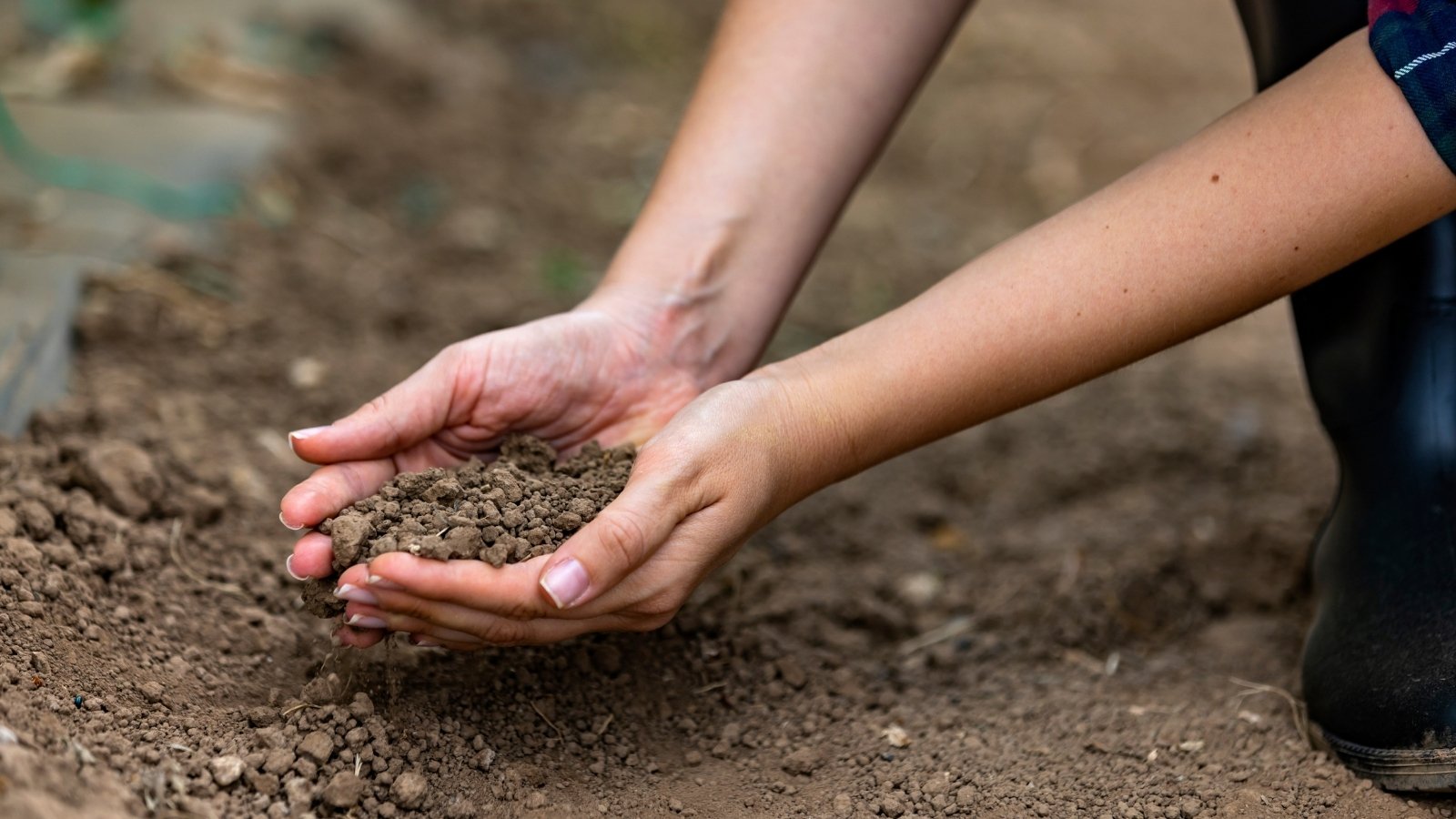

Plant in sandy loam soil enriched with pure matter. It could really furthermore survive quite a few circumstances together with extreme and low pH soils and even soils containing excessive salt concentrations. With its deep root system, it all kinds for planting on slopes and completely completely different uneven surfaces.
Along with the soil erosion properties, its thick, dense enchancment aids in weed suppression and as rapidly as established prevents weed seeds from germinating by proscribing their entry to the soil flooring.
Temperature
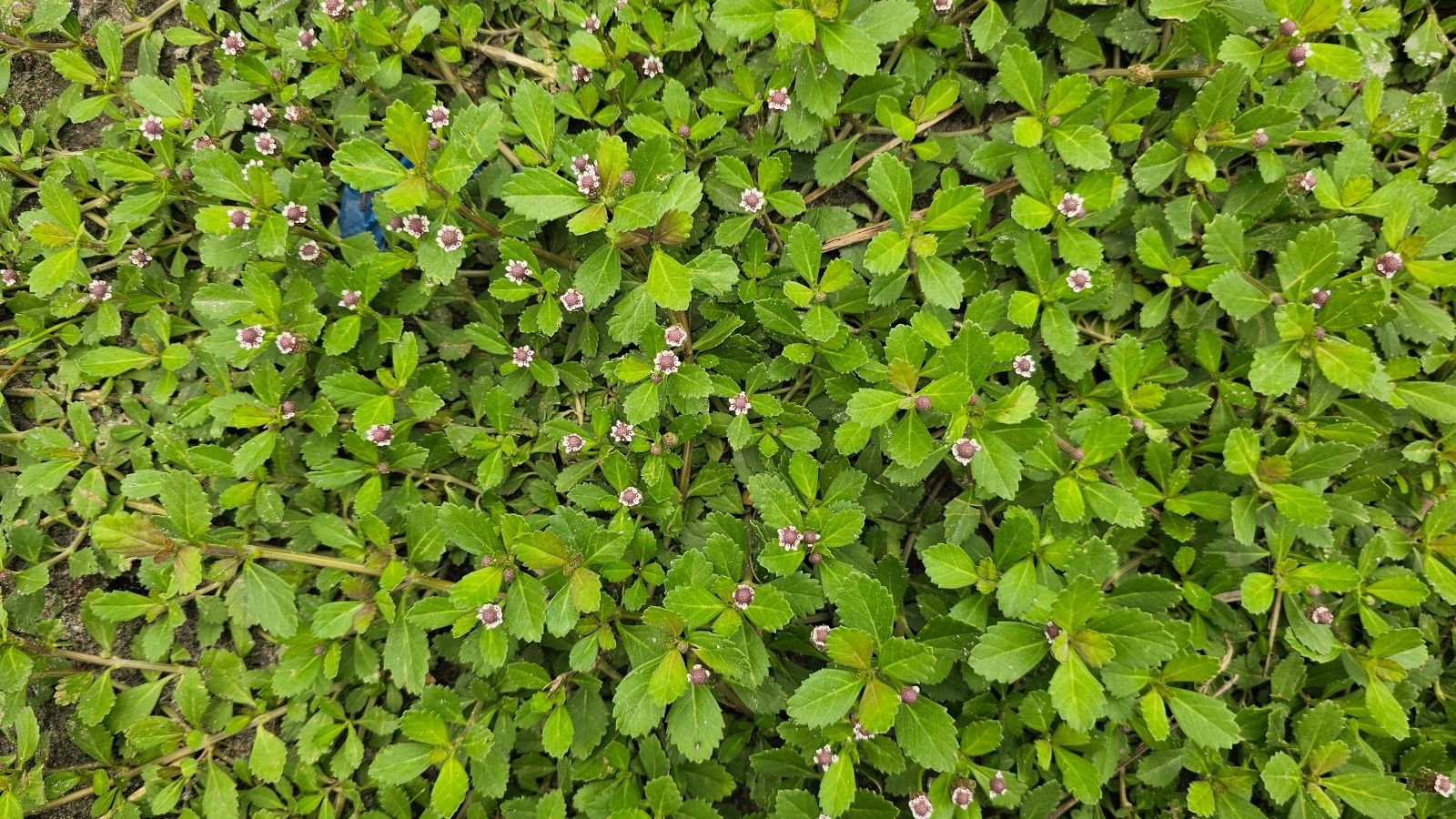

Kurapia is considered one among many cool-season turf grasses due to it might presumably tolerate temperatures all the best way by which proper all the way down to 45°C (7°C). It should maintain evergreen in areas the place temperatures maintain above 38°F (3°C) like in zones 7b and better, nonetheless will die as soon as extra if temperatures drop beneath that stage.
Fertilizing
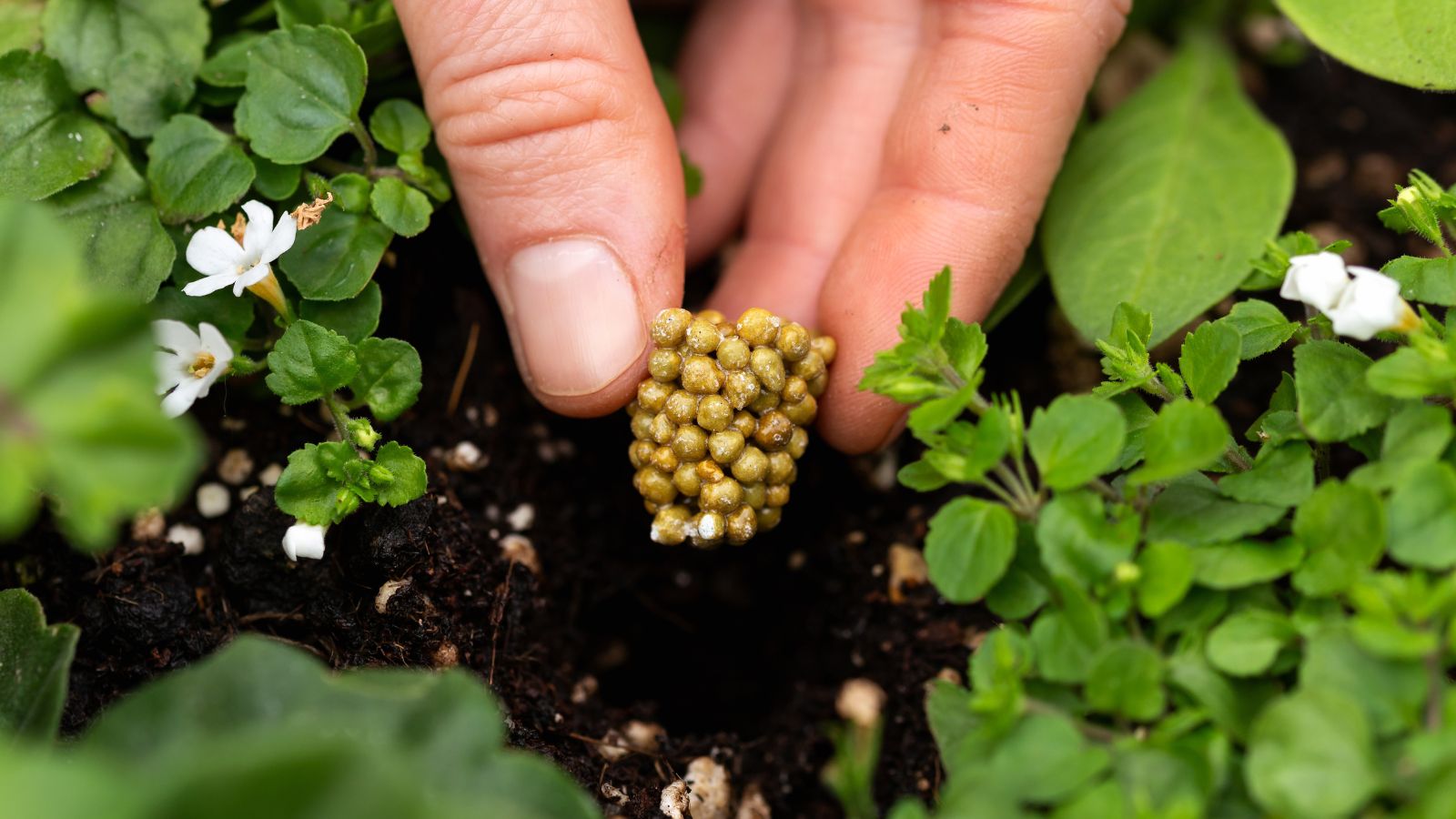

Fertilize kurapia to retain its vibrant inexperienced shade. Apply a slow-release steadiness formulation twice a 12 months – as rapidly as in spring and as quickly as additional inside the autumn. Fertilizing contained in the spring will encourage flowers if offering meals for pollinators is part of your aim with this flooring cowl.
Upkeep
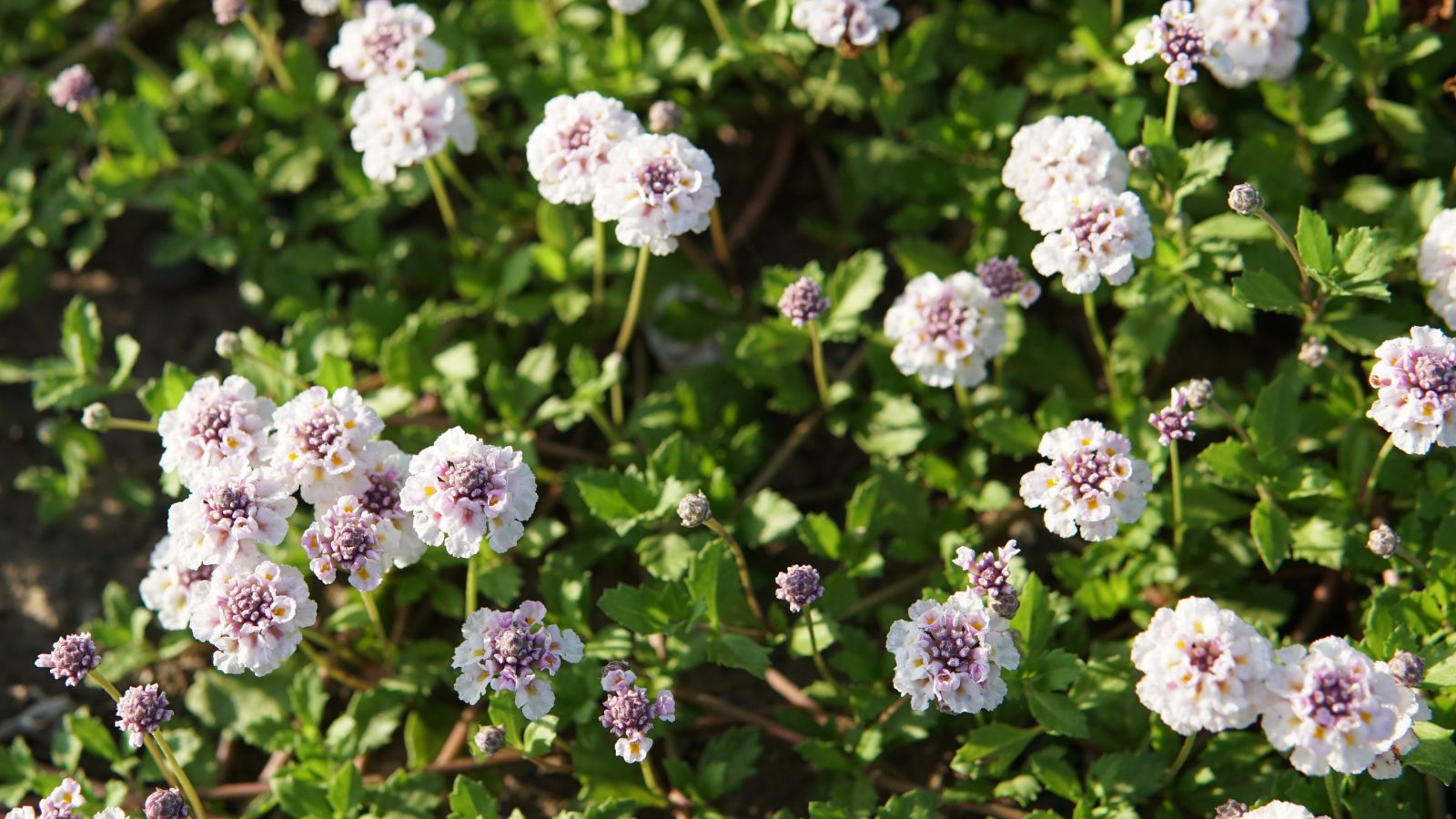

Equal to with a yard, kurapia does require mowing. A a basic rule, mow no less than as rapidly as a month to maintain up it at a manageable lawn-like prime contained in the rising season. Allow them to develop just a few inches taller throughout the event you’d like them to flower and produce forage for pollinators. Via the winter months, the enlargement will decelerate significantly as will your ought to mow it.
Propagation
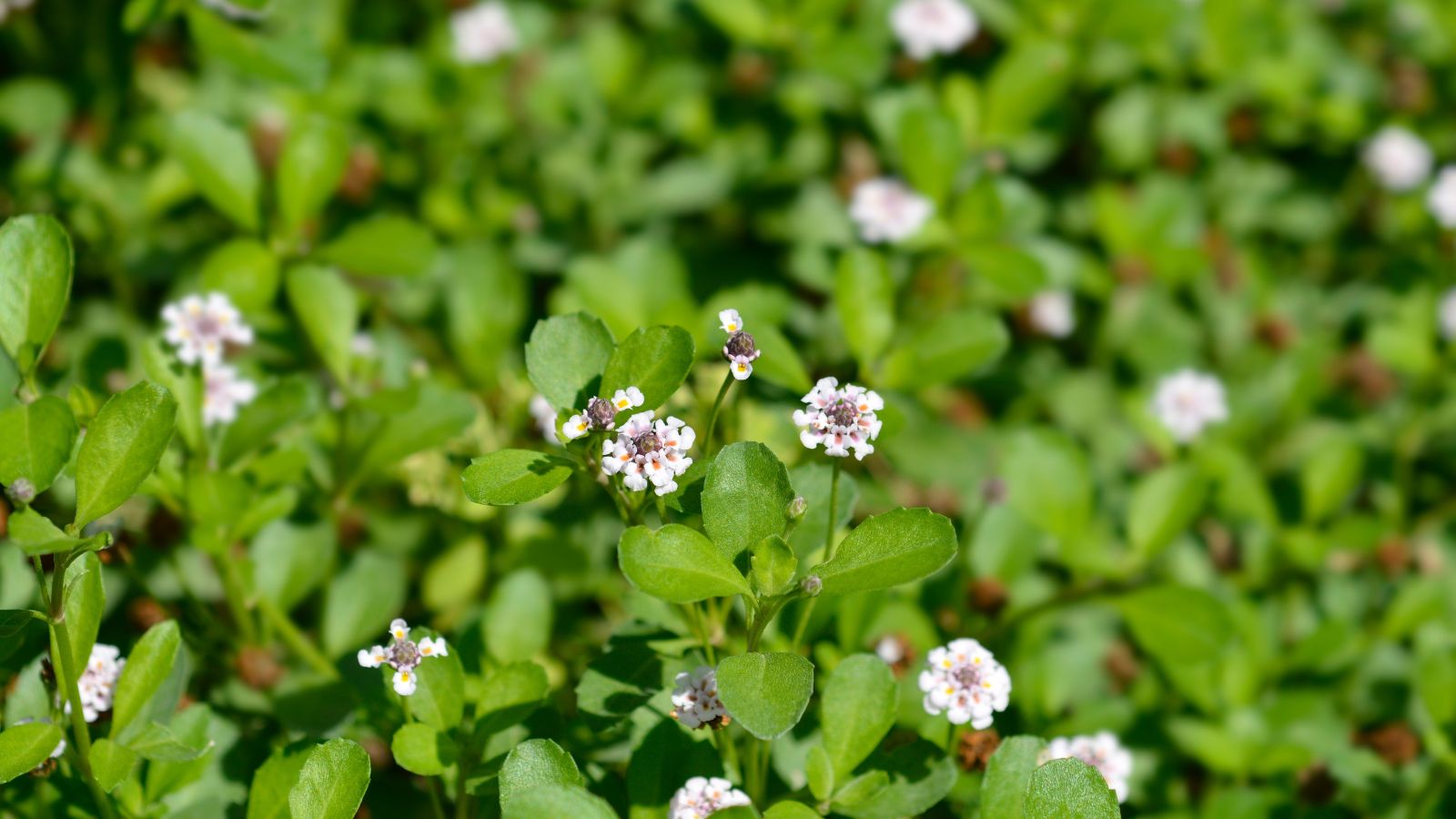

The commercially-available kurapia is sterile and on account of this fact doesn’t produce viable seed, nonetheless it does unfold steadily over time with out seed viability. There’s little info obtainable as as as to if or not kurapia is probably propagated by way of cuttings. Nonetheless, it may very well be dug up and divided as rapidly as established and replanted elsewhere. Consider to clear the world of weeds every with a tarp or tiller before planting kurapia.
Widespread Factors
Kurapia flooring cowl is a low repairs plant which makes it good for an home that you just simply have to cowl rapidly and totally – notably concerning weed suppression. This flooring cowl sod has minimal rising factors, pests, and diseases.
Rising Factors
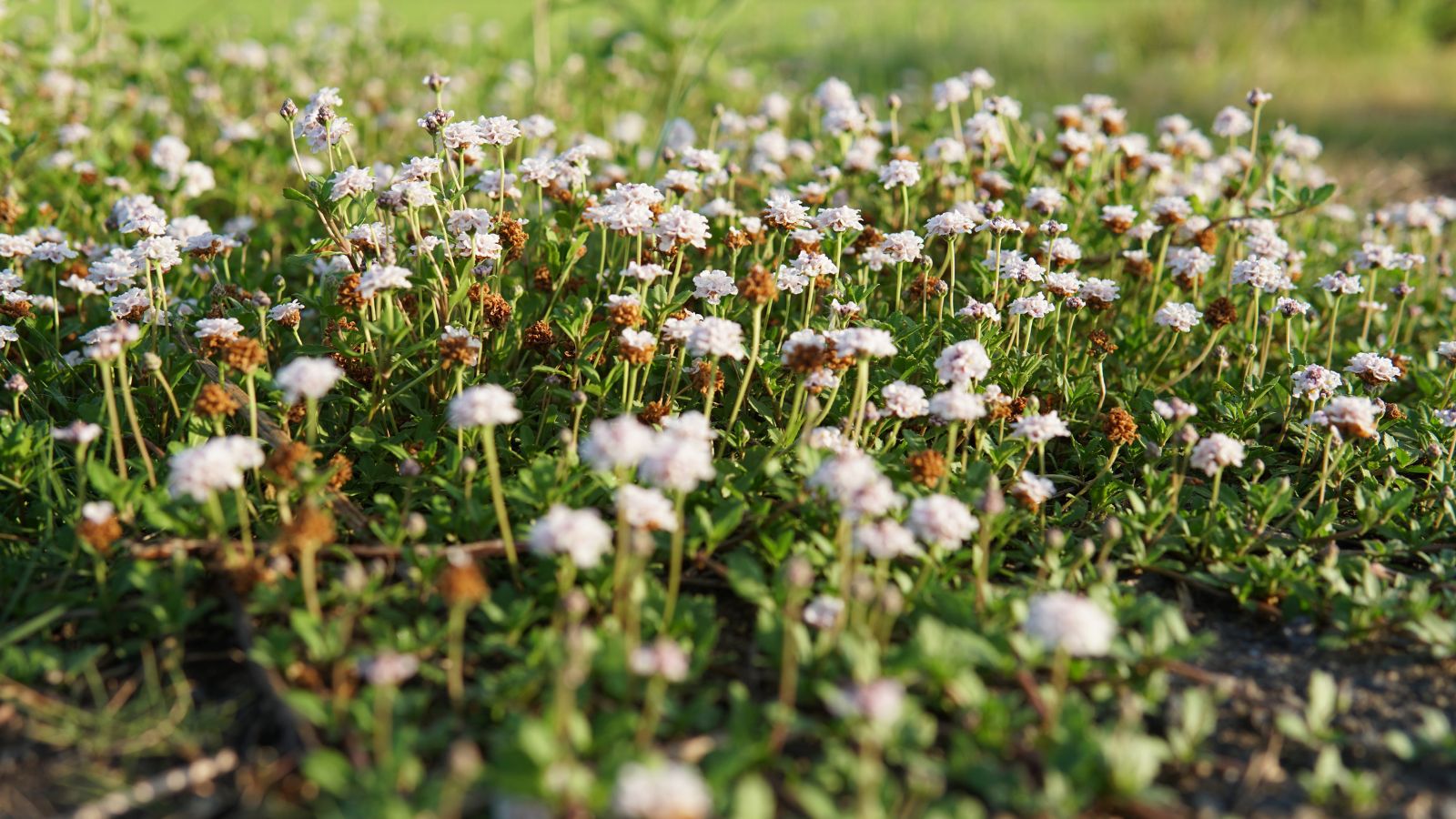

Most incessantly rising factors with kurapia come up from dry areas attributable to poor sprinkler distribution, clogged nozzles, or leaks contained in the irrigation purposes. Test your sprinkler distribution to ensure your crops are being watered evenly. If sure areas are rising sooner, thicker, or seem lusher than others with additional runners, then this can be an indicator of irrigation components.
Pests
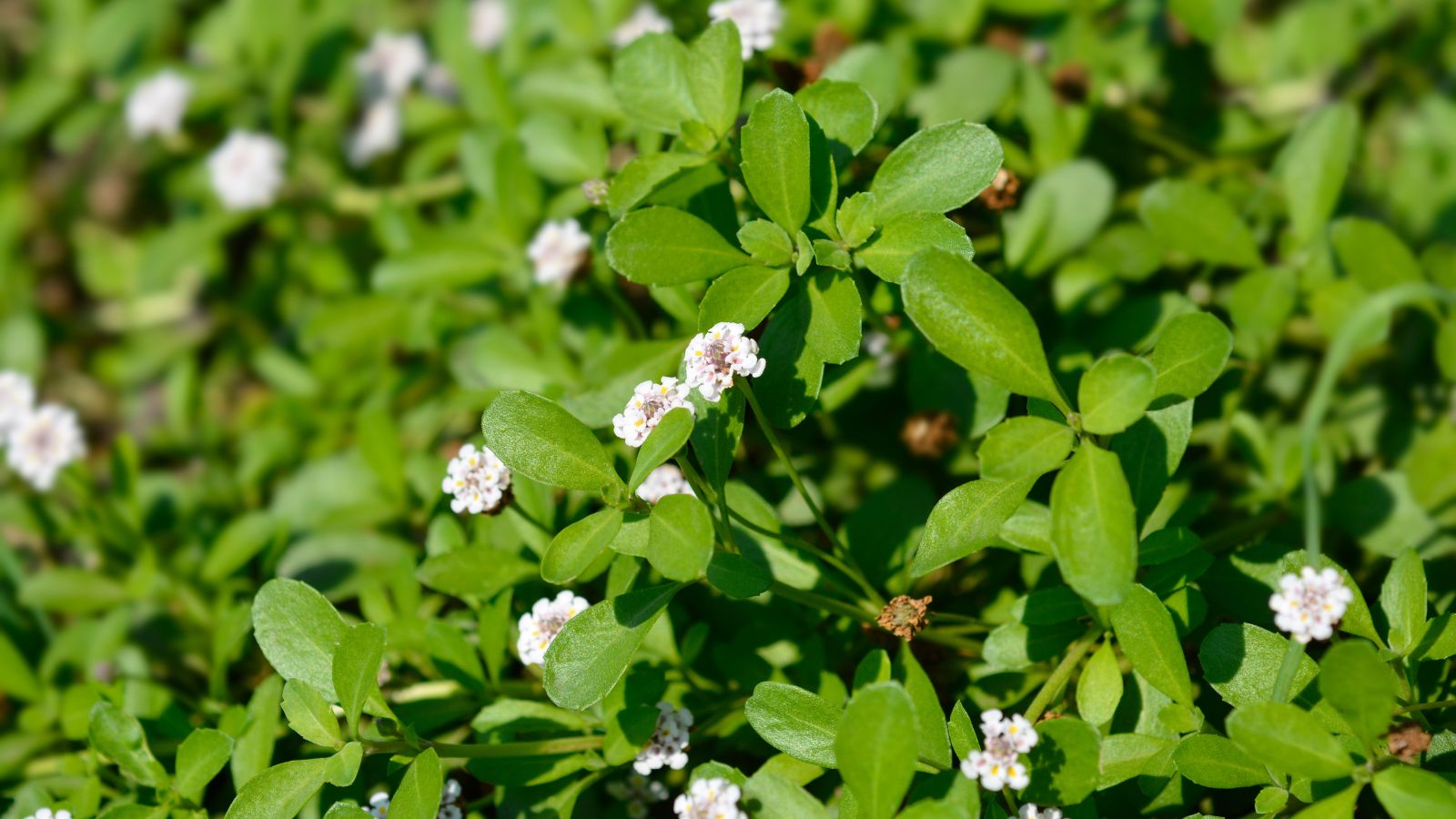

In most areas kurapia has no acknowledged pests! There have been opinions of harm attributable to leaf chewing bugs, nonetheless this harm has been minor and wouldn’t set off any long-term components.
Ailments
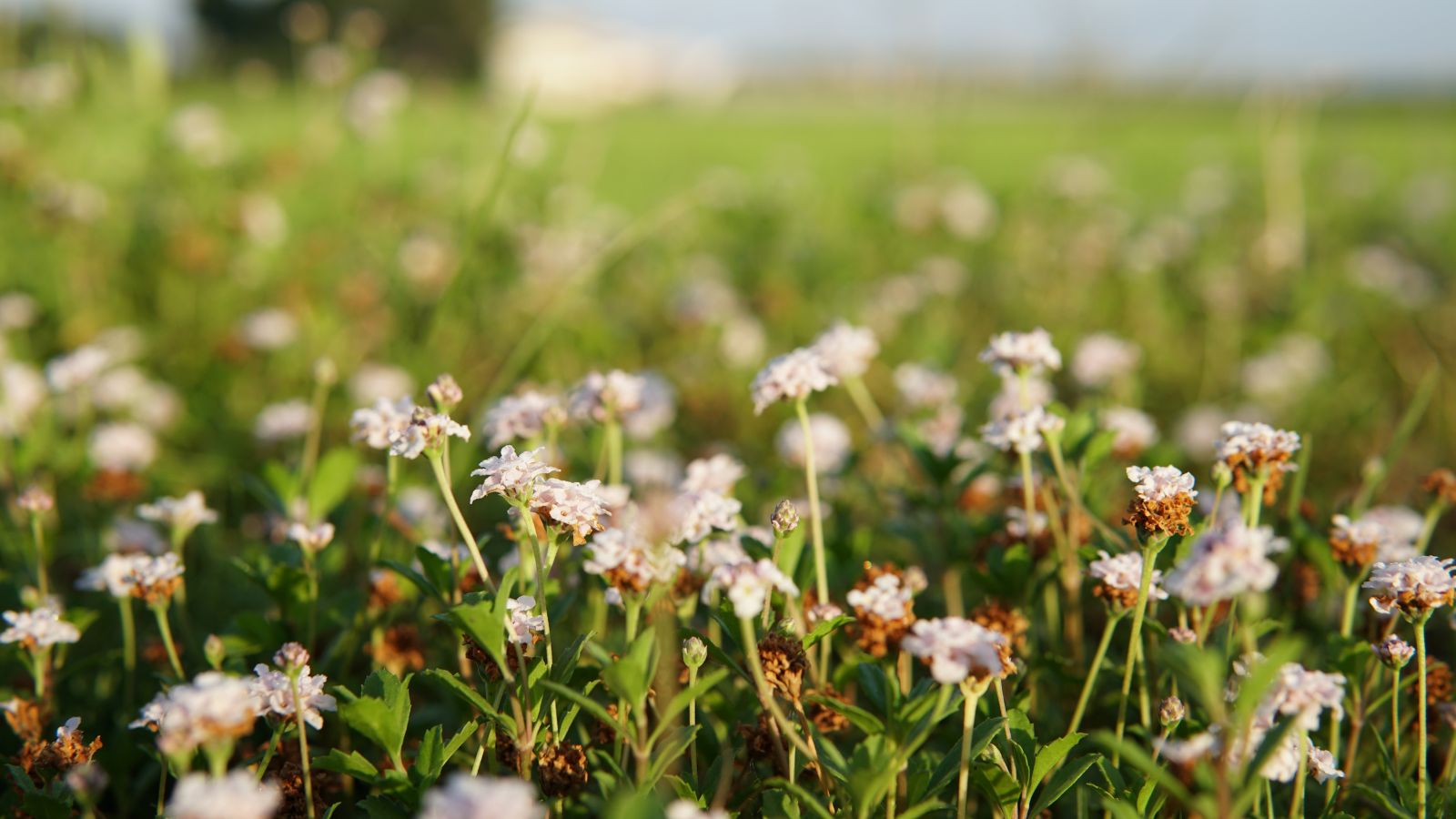

Equal to a scarcity of pests, kurapia furthermore has few illness factors. It’s maybe weak to illness in additional humid environments. Keep away from over-irrigation in humid climates as this will likely more and more usually finish in fungal diseases. Since kurapia is low-growing, densely packed, and has little airflow between runners, it makes the proper ambiance for fungal components in excessive humidity. It could actually have a troublesome time recovering from fungal infections, so preventative measures are greatest.
You will want to water contained in the morning to steer clear of moist foliage when humidity tends to be at its highest. If a fungal an an an infection is already current, then apply an pure fungicide per the directions on the bottle.
Repeatedly Requested Questions
Kurapia makes an attractive flooring cowl! It grows horizontally by rooting alongside the stem, Defending the stems low to the underside by way of mowing will encourage this horizontal enchancment.
No, it’s a sterile/non-invasive and cold-hardy cultivar. There are, nonetheless, Phyla nodiflora varieties which have been naturalized and develop like weeds in California and are thought of invasive.
Kurapia can and would possibly choke out weeds and grass as rapidly as it’s totally established.
Kurapia can protect gentle foot company, nonetheless it must be fully established first.
Optimistic, it’s deer resistant.
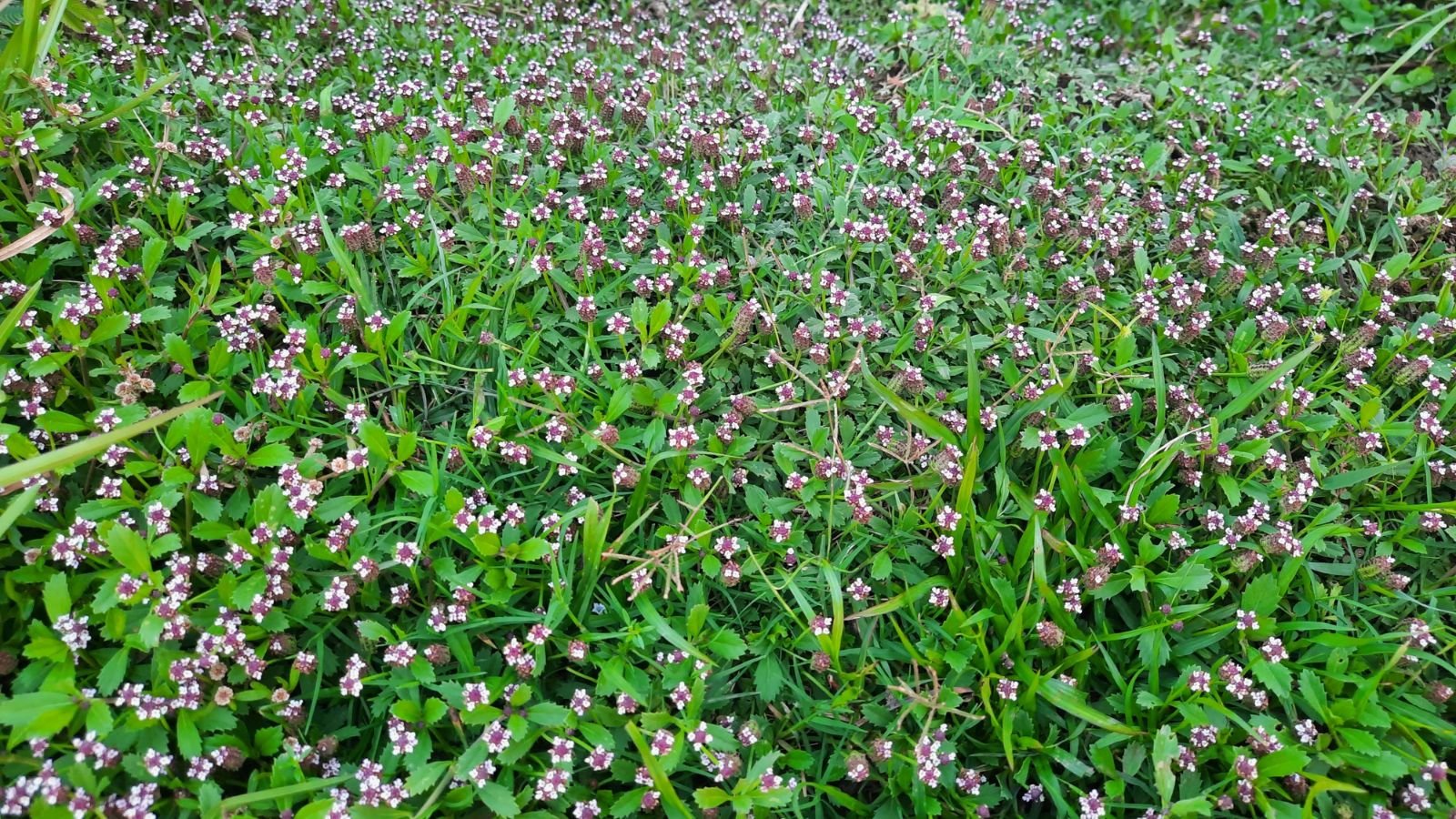
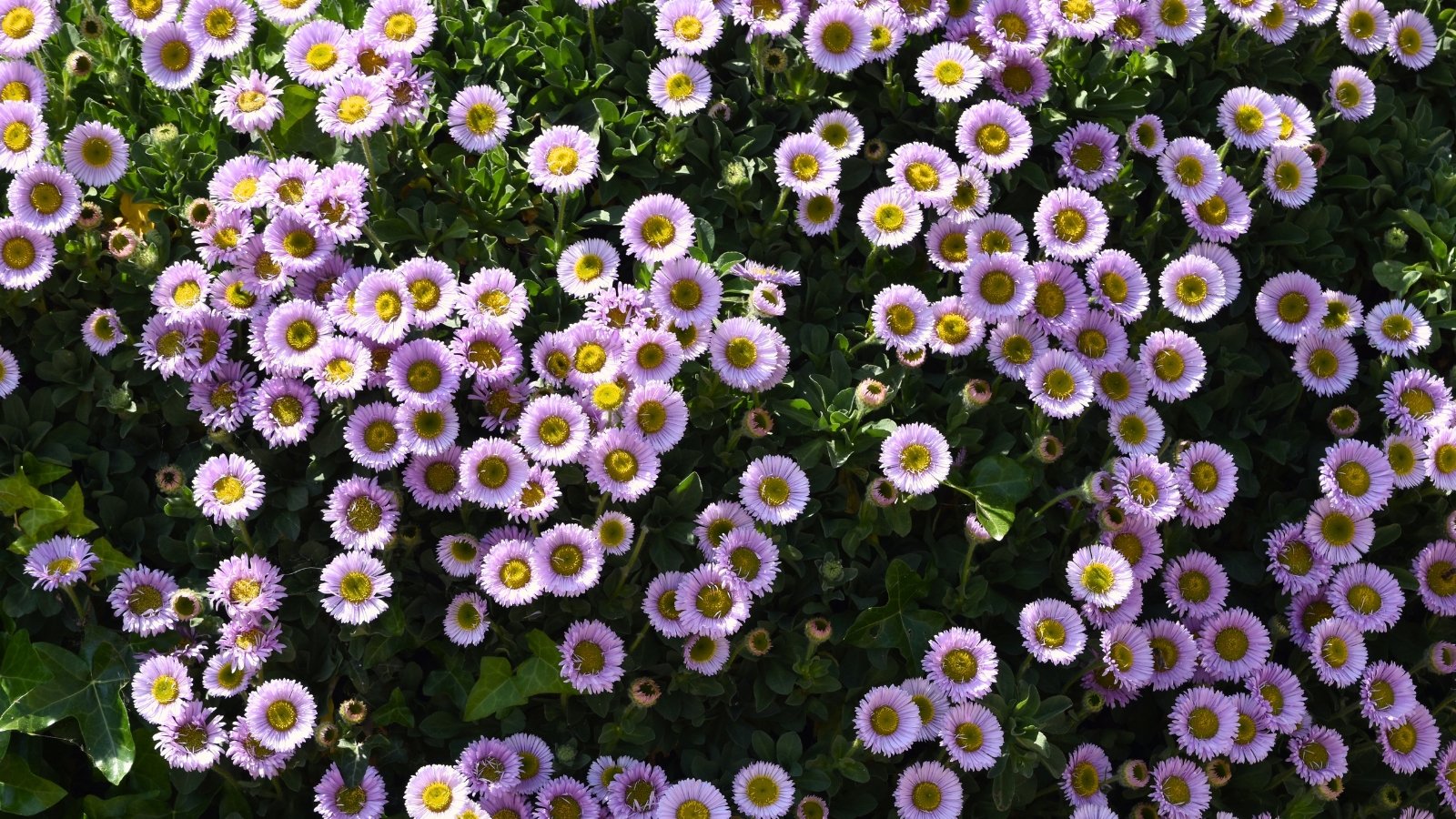
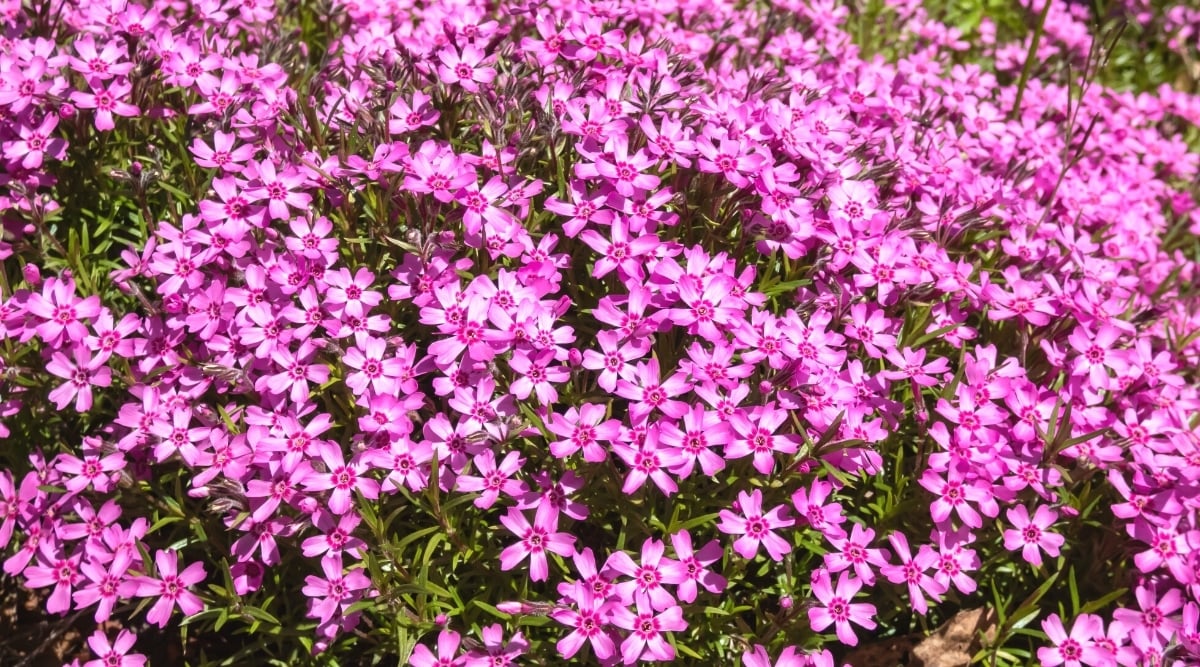
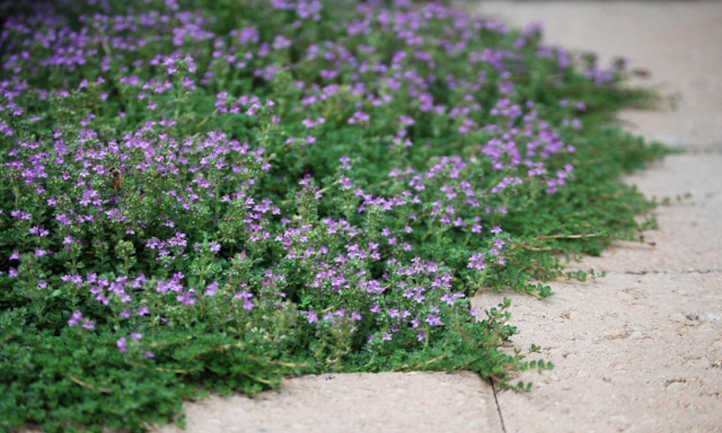
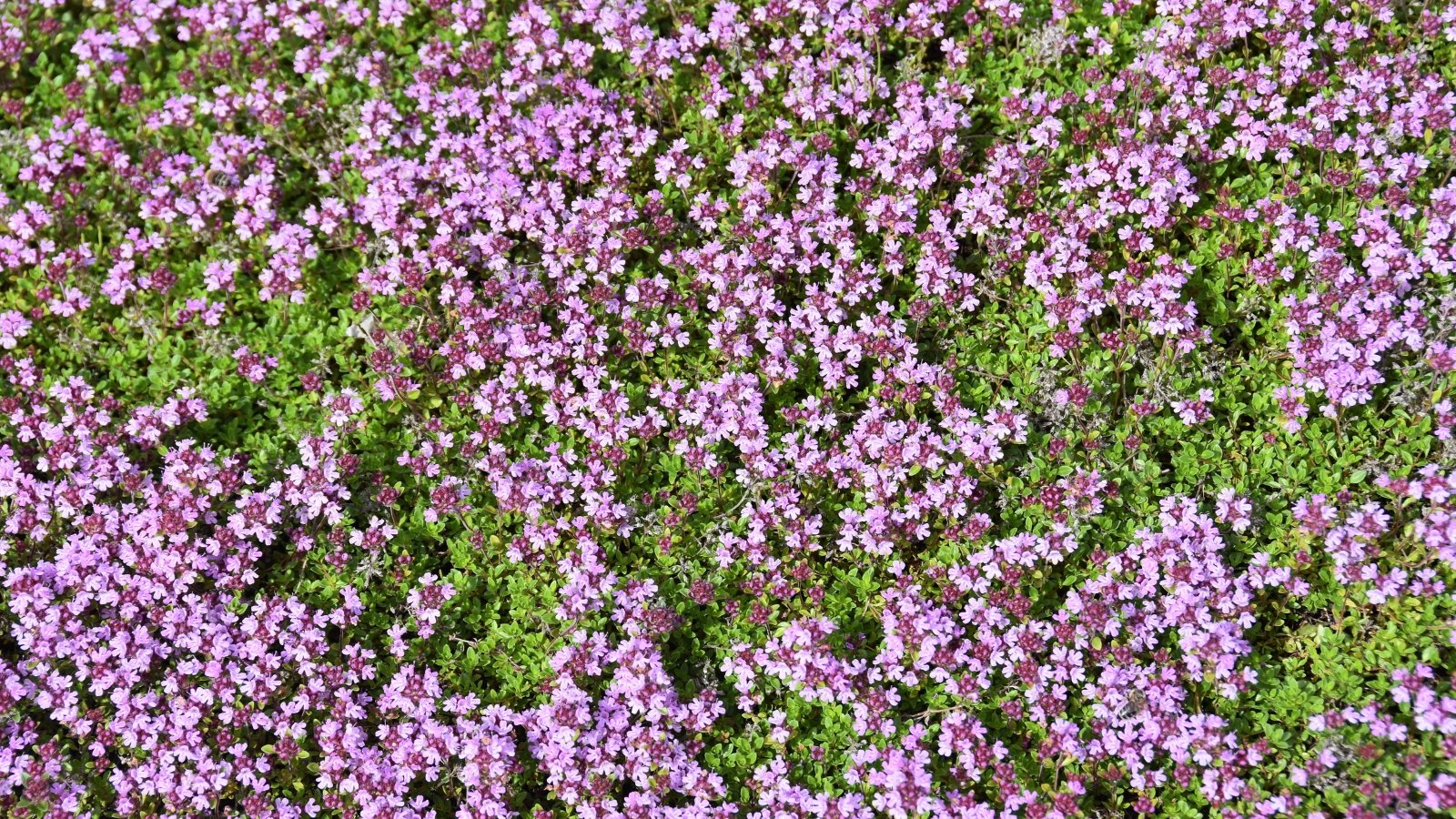
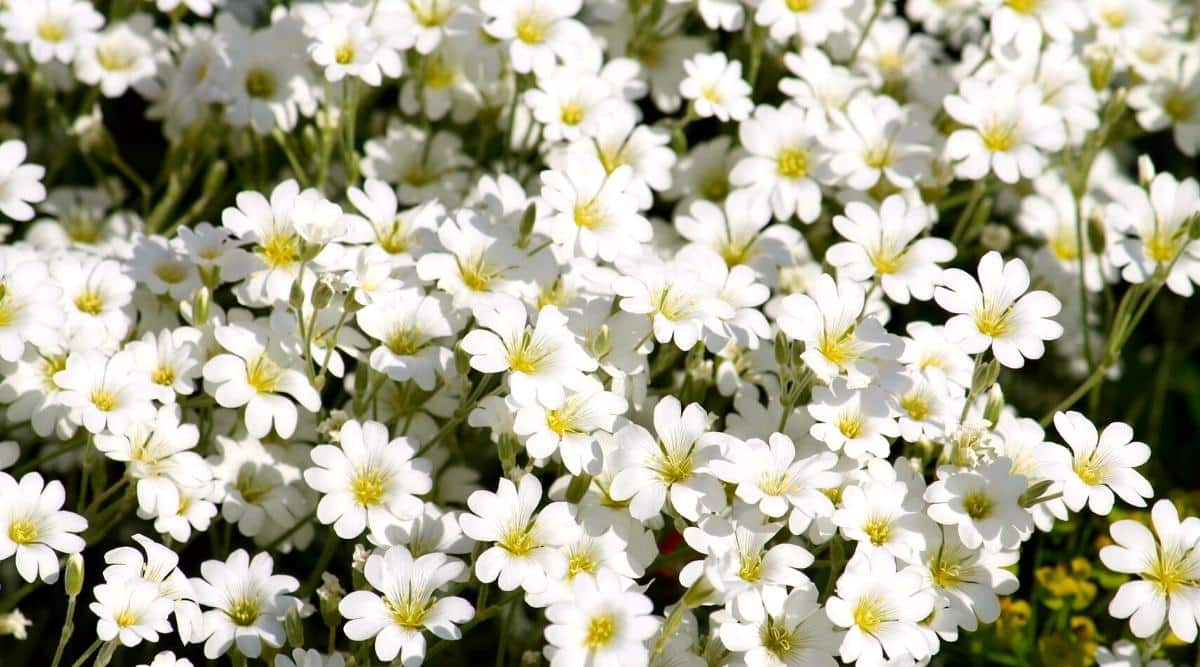
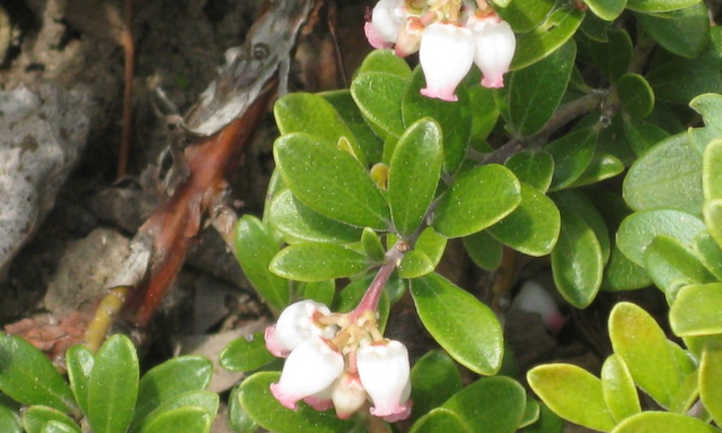
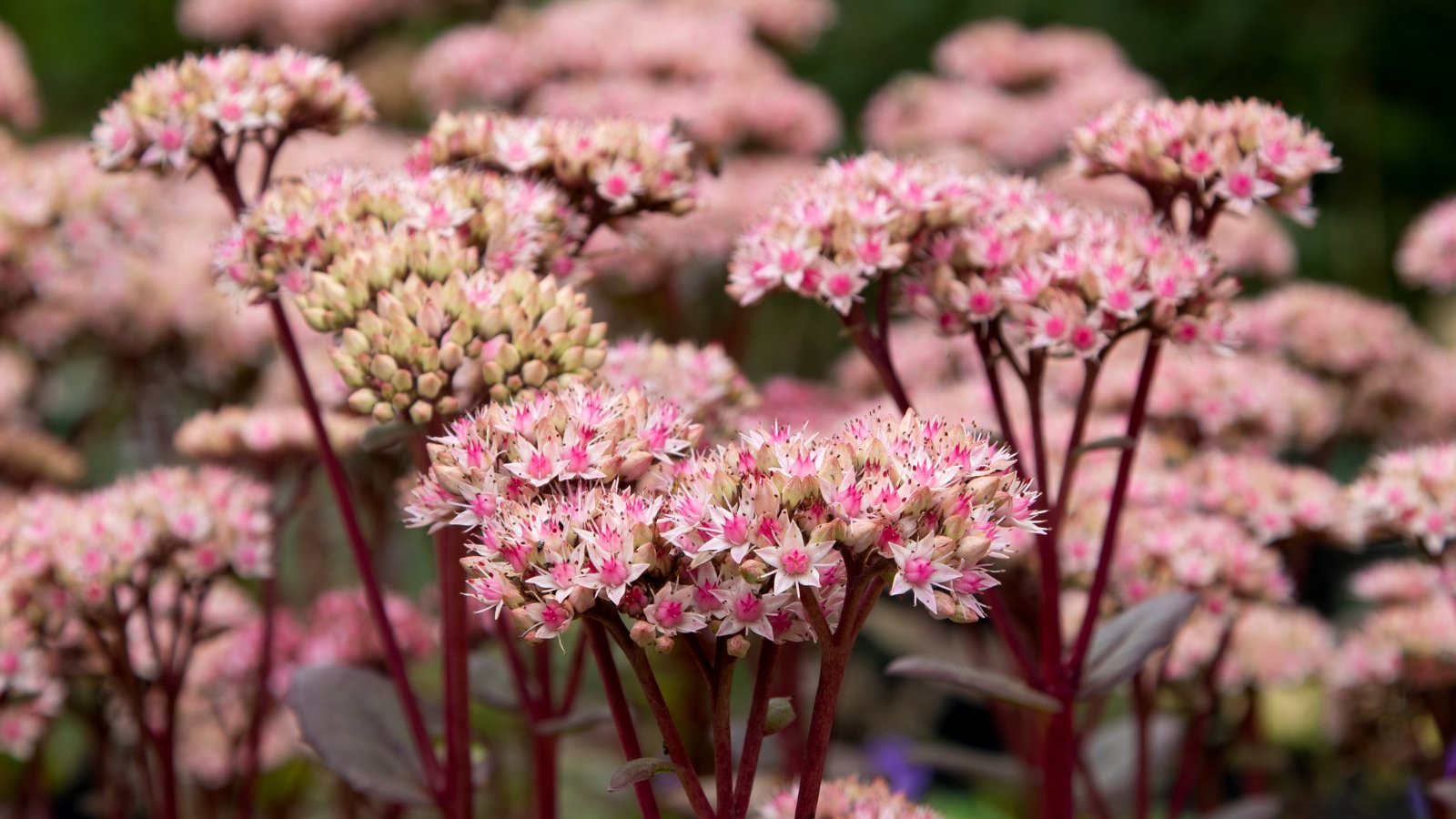
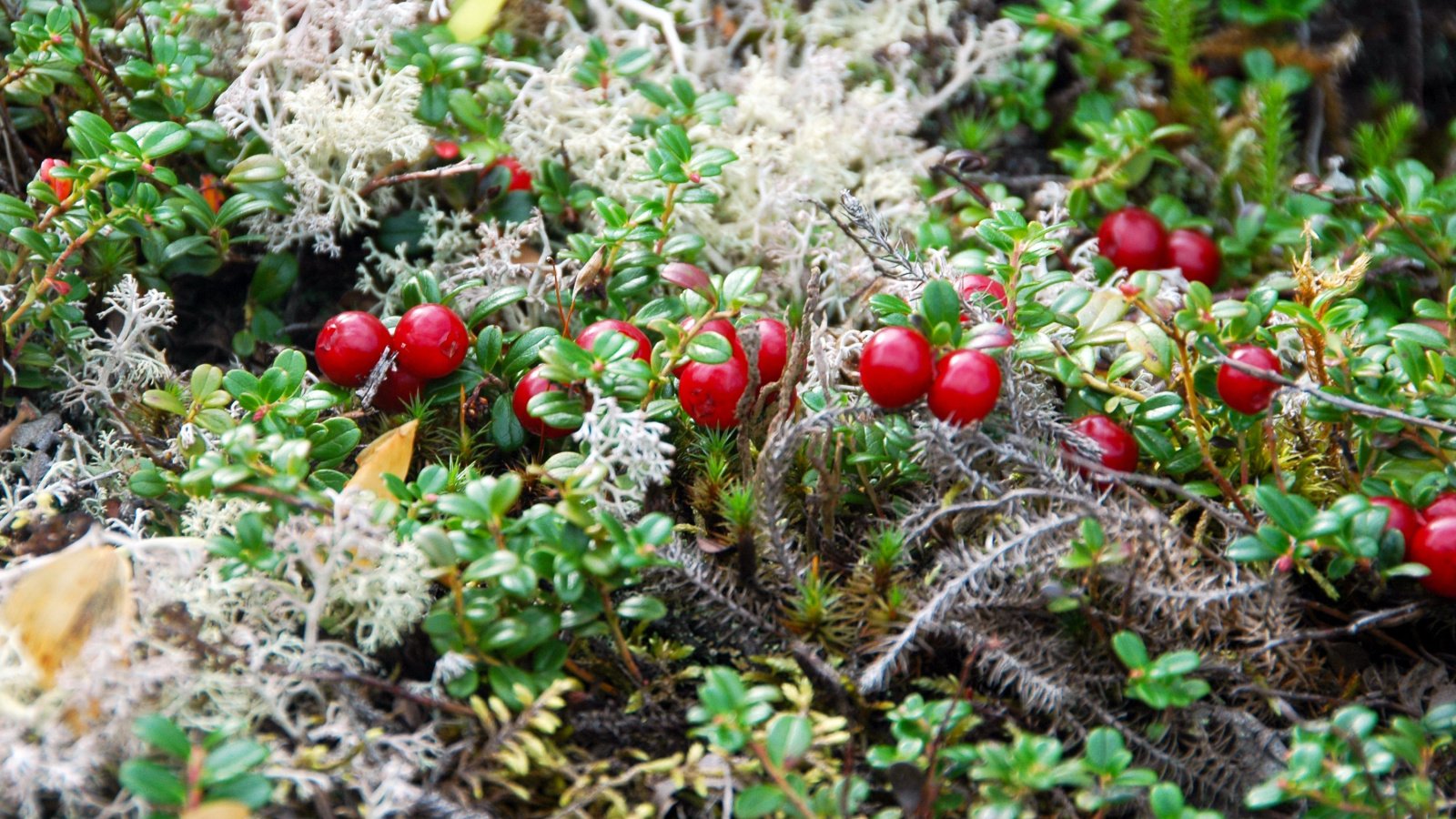
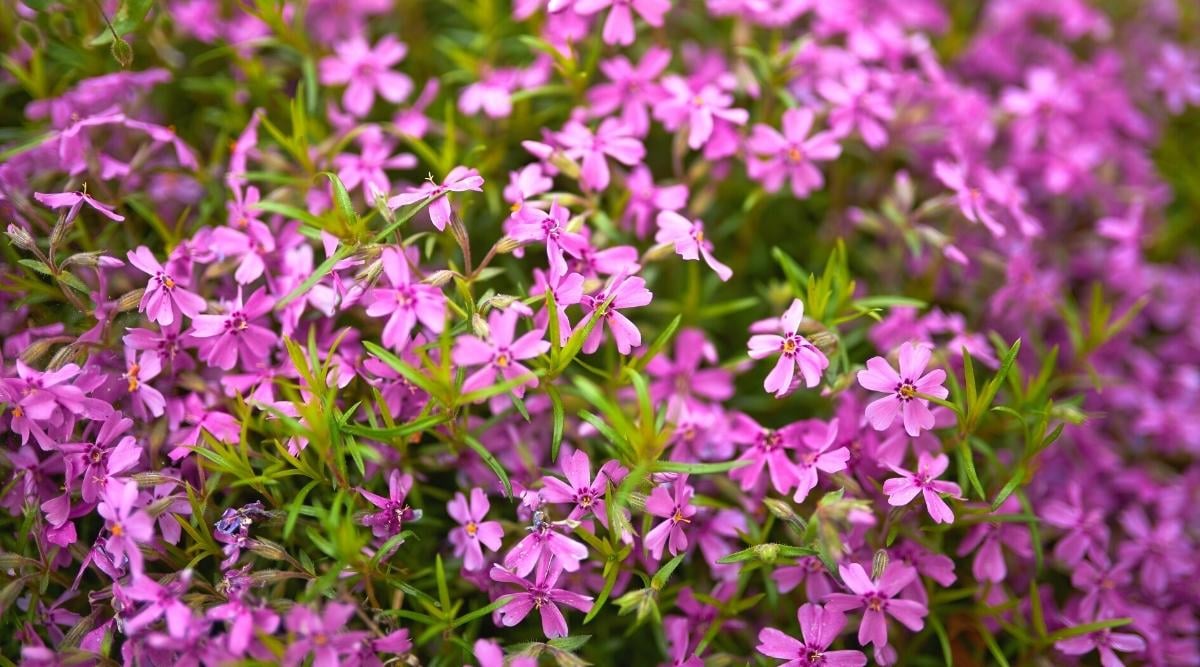
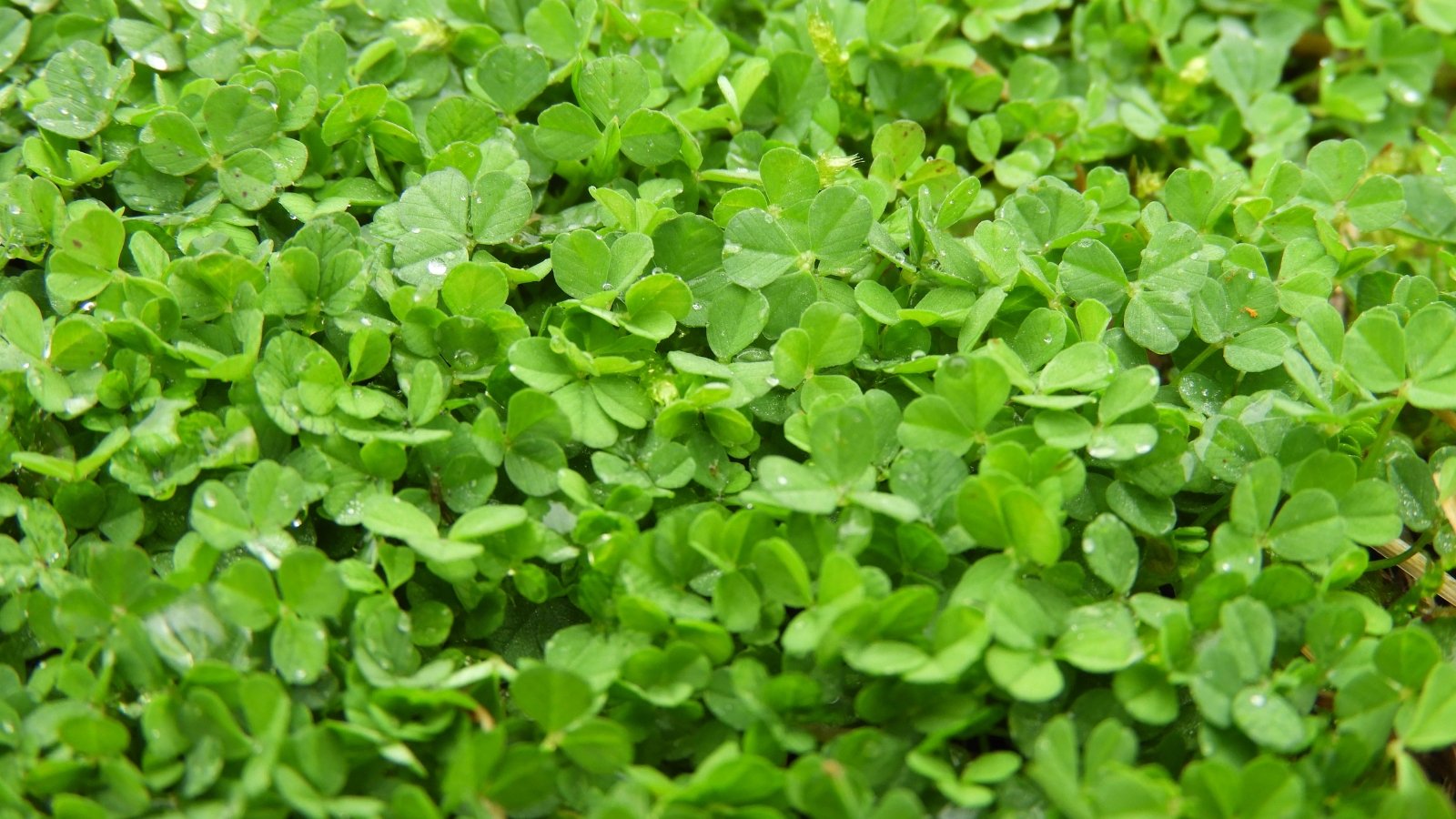
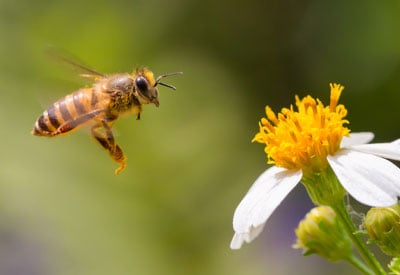
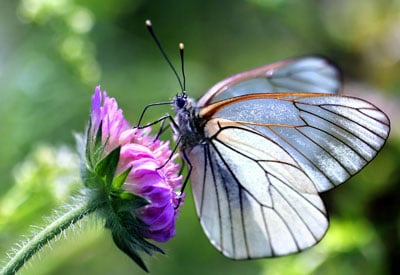
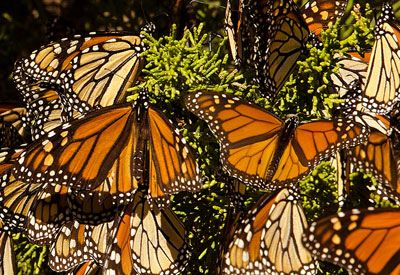

Leave a Reply